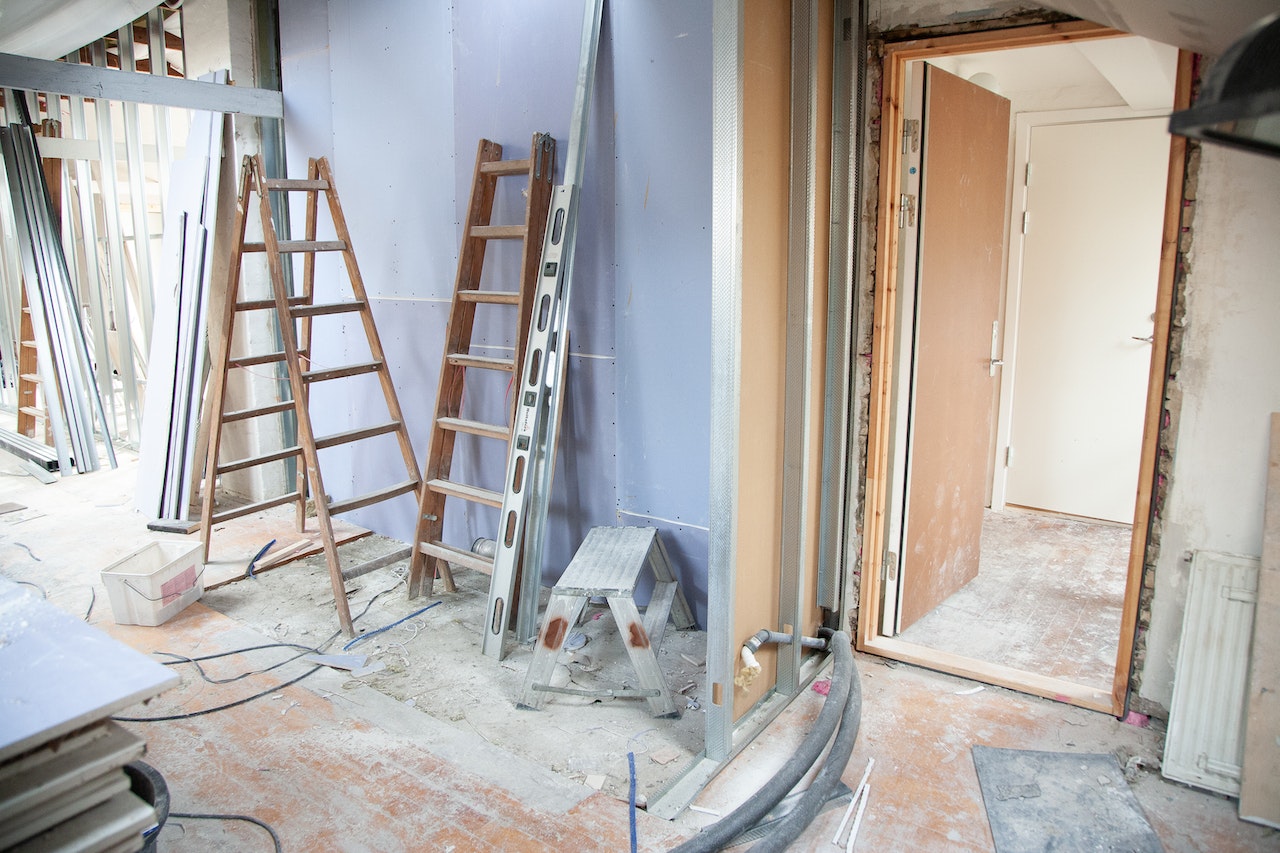Home renovation is an investment worth planning carefully for, so it is wise to hire a professional contractor that can assist in identifying which improvements will add value to your property.
Upgrades that increase resale value include painting the home in fresh colors, adding modern appliances and creating additional living space such as basements. It is essential that a budget be set before beginning any work on a property.
Cost
Home renovation can be an expensive endeavor, yet one that can help significantly increase its value. Costs associated with renovating depend on factors like size of space being changed, amount of work necessary, desired finishes and your budget. Before beginning this project, make sure you know how much you want to spend as overspending could force you to cut corners or alter your vision – so plan your budget carefully!
Before beginning your renovation, always consult a professional to estimate its cost and determine whether it fits within your budget. Furthermore, check with the local department of buildings to find out whether any permits are necessary; dodging such requirements could result in serious consequences; for instance if you lack permits necessary for demolition.
Timeline for home renovation varies significantly depending on several factors. Larger projects tend to take longer, and you must take into account any delays or changes during the process – including material availability issues, weather and permit approval delays. Working with an organized builder who utilizes proven processes may help your project avoid delays altogether.
Labor costs can have a dramatic effect on a renovation’s timeline and budget, often rising significantly in metropolitan areas compared to rural settings. Furthermore, regional material prices can play a big part in total renovation expenses.
DIY shows have led many homeowners to believe that home renovation is an easy and straightforward process. While cosmetic upgrades may be completed without professional assistance, more extensive projects such as adding a bathroom vanity or converting an attic into a game room require specific skills and experience – these projects could add as much as 10% more than anticipated in total cost of renovation.
Time
Home renovation can be a significant commitment of time, money and energy, but it should also be seen as an investment in your comfort and well-being. Up to 63% of DIYers regret larger projects that took too long or failed to bring back expected returns; but making some strategic choices early can keep your renovation on schedule and within budget. To save up on time, looking for advice for renovating your home is also a good option.
Planning and preparation stages of renovation can take anywhere from two weeks to six months or longer, as this phase includes research of ideas, consultation with family and friends, blueprint creation, hiring the appropriate contractor as necessary and setting realistic expectations about what you would like your finished renovation to look like as well as creating a schedule to allow completion in a timely manner.
Though it’s impossible to give an exact timeframe for your renovation project, factors such as its size and complexity will greatly determine its duration. For instance, adding an additional bathroom or kitchen can extend project duration. Brownstones present less delays as they don’t need approval processes from co-op boards.
No matter if you’re renovating a small bathroom or an expansive living room, choosing the appropriate materials is key for creating an aesthetically pleasing yet practical space. From selecting finishes and colors that complement each other to considering furniture size and storage needs; materials can make an enormous impactful statement about who you are as an interior designer!
Some renovation projects may need a permit from your local building department, such as those which alter structures or systems connected to roofs, water lines or electrical. Because each city and state may have unique rules regarding permits for these renovations it is wise to check with local governments.
For full renovation projects, it is imperative that you find somewhere else to live during construction phase. Living at home would only increase dust and noise pollution significantly.
Planning

As part of a home renovation, it’s crucial to take safety measures into account. Doing so will prevent accidents from happening while renovating, and ensure that everything goes according to plan. Professional contractors possessing experience and knowledge of working safely are recommended, along with multiple estimates from contractors before selecting one to help make informed decisions and stay within your budget.
One key consideration for renovation projects is cost. You should determine your budget and select a contractor who can deliver quality results within that spending limit. A great place to start would be speaking with friends and family who have recently had renovations completed as they will know who did what and at what price point. Or you can visit home design and construction firms online to receive quotes from them directly.
Once you’ve selected a renovation company, it is vitally important that the project is carefully planned out. This includes creating a timeline, procuring all necessary permits, assessing its impact on daily routine, consulting an expert such as home inspector for health and safety concerns prior to beginning any renovation work and so forth.
Before undertaking any renovation project, it is a good idea to carefully consider its effect on your lifestyle during and after. This will enable you to select upgrades most suited to your property that maximize return on investment – for instance if selling your home in the future is on your mind, prioritize projects which increase resale value over others.
Renovating your home can be an exciting and fulfilling project, but it is crucial that you consider all costs associated with renovation as well as safety precautions when planning. If you have children, take extra steps to keep them away from contractors and equipment – using video surveillance systems will allow you to monitor progress of renovation while keeping children secure at all times.
Safety
Home renovation can be an extremely hazardous undertaking, and you should always take all necessary measures to protect both yourself and those working on the renovation. These may include hiring professional contractors, planning ahead, and carrying the appropriate safety equipment – these steps will help ensure a smooth process without major complications or mishaps.
First step to successful home renovation: hire a reliable renovation contractor. Before signing any contracts with these professionals, check their references, licenses, and insurance coverage thoroughly. It’s also essential that regular communication occurs between both parties throughout the project – this will prevent surprises while giving both of you ample opportunity for necessary adjustments as necessary.
Plan ahead and determine what type of renovation project you intend to undertake, as this will help determine how long and what materials will be needed as well as help keep within your budget. Furthermore, always double check zoning laws in your locality and whether a permit may be needed before beginning any renovation project.
To ensure the safest renovation experience possible, it is essential that you use appropriate personal protective equipment (PPE). Eyewear that is fog and scratch-resistant as well as work gloves is essential, while using a respirator when dealing with toxic substances or dusty projects requires special precaution. Earplugs/earmuffs will protect your ears from loud noises.
As you renovate, it’s advisable to separate your work area from living areas of the house in order to protect you and your family from dust, mess and debris. Also ensure no tools are left lying around where children could access them – additionally store all tools safely away in a locked shed or garage in order to reduce theft of tools.
At the same time, it’s also essential that you create an accurate plan and set aside enough money for unexpected expenses. Beware hidden costs, like extra labor fees and changes fees associated with changes to your plan. Also know how much permits cost before starting work to avoid fines and save both time and money in the long run.



